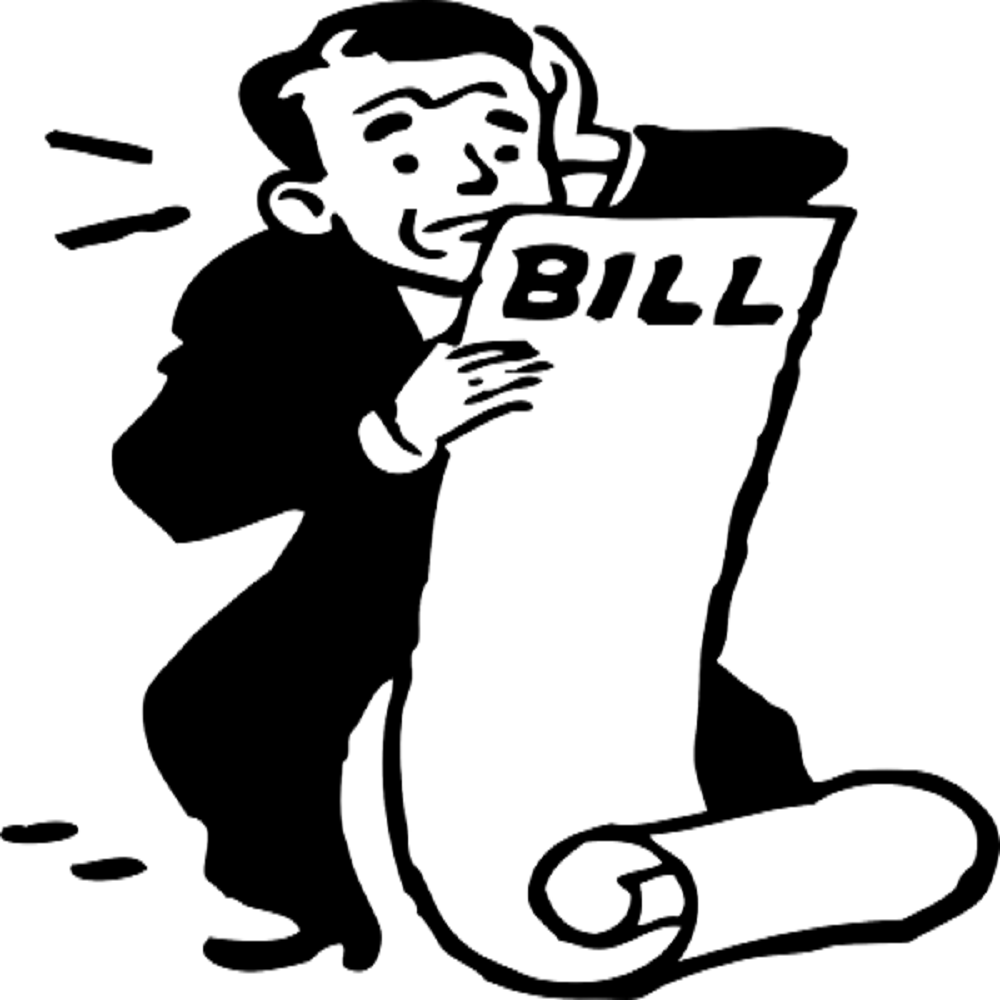
While Chapter 7 bankruptcy is a sure fire way to get a fresh start by using your assets to pay creditors and then having the remaining debt discharged, there are certain debts that cannot be discharged in Chapter 7 bankruptcy. Below you will find the most common debts that cannot be discharged under the Bankruptcy Code.
Taxes
Most taxes that a debtor may incur will not be discharged in Chapter 7 bankruptcy. By “not discharged” I’m referring to that debt being still owed by you after the bankruptcy has been completed. Taxes owed in this way may remain on a home as a lien even after the bankruptcy has been completed or may be owed in some other way.
Debt Acquired by Fraud
Where a debtor has racked up debt that was obtained by fraudulent purposes, that debt cannot be discharged in Chapter 7 bankruptcy. Similarly, a debt that was due to a false writing by the debtor (where that writing falsely showed the financial condition of the debtor) will not be discharged in Chapter 7 bankruptcy.
Oops, I Forgot to Include it…
Yes, that’s right, forgetting is not a valid excuse under the Bankruptcy code. One of the most important requirements of filing for bankruptcy is to list every single debt that you might have. If you forget to list a debt in your bankruptcy schedules it may be possible to amend the bankruptcy petition and include that debt. However, if the time for amendment has passed and the debt was never listed in any bankruptcy filing it will not be discharged in bankruptcy.
When You’re a Bad Boy or Girl
Although I’m making light of it in this article, debts caused as a result of the willful infliction of injury on another person will not be discharged in a Chapter 7 bankruptcy.
Student Loan Debt
What about student loans, can these be discharged in Chapter 7? Well, the discharge of student loan debt could be the subject of another article in and of itself. Student loans as a general rule cannot be discharged in Chapter 7 bankruptcy. This means that, ordinarily, you will still owe your student loan debt and need to make monthly payments on that debt going forward even after filing for bankruptcy in Chapter 7. However, there are exceptions to this general rule, namely, where a debtor can prove that keeping the debt would impose undue hardship. Proving undue hardship, though, is a fairly high bar. Consult your attorney for more information as to the possibility of removing student loan debt through Chapter 7 bankruptcy.
Operating Under the Influence
A debt related to a death or injury caused by the operation of a motor vehicle, vessel, or other vehicle will likely not be discharged in a Chapter 7 bankruptcy.
Condo Association Fees
Generally, condo fees owed to a condo association are not debts dischargeable in Chapter 7 bankruptcy.
There are many items which cannot be discharged in Chapter 7, as this article explains. But, because most chapter 7 debtors are filing due to extremely high amounts of unsecured debt (such as credit card or medical bill debt) which is dischargeable, most of their total debt will be discharged upon successful completion of a Chapter 7 bankruptcy.
DISCLAIMER:
The information provided in the pages and posts of this website are for general informational purposes only. The information presented on this site is not legal advice, and no attorney-client relationship is formed by the use of this site.





